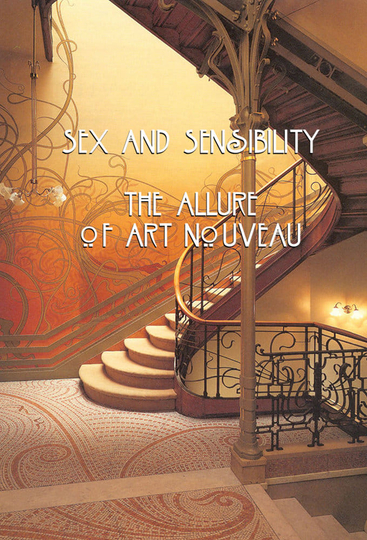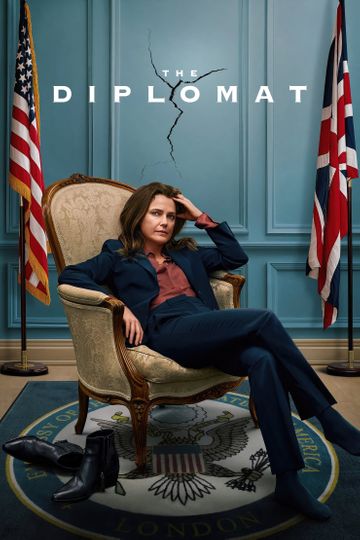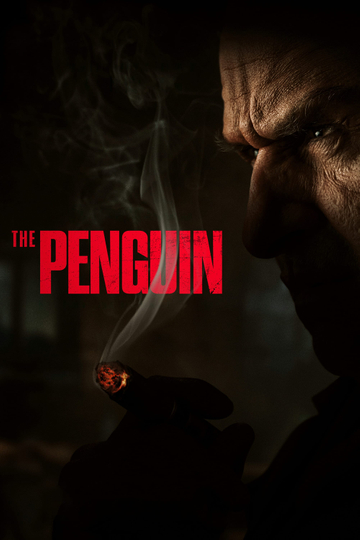Season 1 Episodes
1. Paris
The delicious objects of Parisian Art Nouveau are explored by cultural correspondent Stephen Smith. Uncovering how the luscious decorative style first erupted into the cityscape, Stephen delves into the city's Bohemian past to learn how some of the 19th century's most glamorous and controversial figures inspired this extraordinary movement Revealing the story behind Alphonse Mucha's sensual posters of actress Sarah Bernhardt, looking at the exquisite jewellery designer Renee Lalique and visiting iconic art nouveau locations such the famous Maxim's restaurant, the programme builds a picture of fin-de-siecle Paris. But Smith also reveals that the style is more than just veneer deep. Looking further into the work of glass maker Emile Galle and architect Hector Guimard, he sees how some of art nouveau's stars risked their reputation to give meaning and purpose to work they thought could affect social change.
2. British Cities
London didn’t embrace the erotic curves of Art Nouveau quite as rapturously as Paris. But Oscar Wilde did, especially the drawings of daring young Aubrey Beardsley. Then Wilde was carted off to jail for “gross indecency”, leaving both their reputations in tatters and straitlaced Victorians with a deep mistrust for this continental smut masquerading as art. Stephen Smith examines the influence art nouveau had on British art and design in the early part of the 20th century. He explores the work of illustrator Aubrey Beardsley and architect and designer Charles Rennie Mackintosh, as well as delving into the careers of less celebrated figures, including Mackintosh's wife Margaret MacDonald and artist and craftswoman Mary Watts. Smith also considers how entrepreneur Arthur Liberty helped popularise the art nouveau style through his London department store.
3. Vienna
In a story that combines scandal and revolution, cultural correspondent Stephen Smith explores how Vienna's artists rebelled against the establishment in the late 19th century and brought their own highly-sexed version of Art Nouveau to the banks of the Danube. Looking at the eye-watering work of Gustav Klimt, Smith discovers that Viennese 'Jugenstil' was more than just a decorative delight, but saw artists struggle to bring social meaning to the new style. Revealing the design genius of Josef Hoffman, the graphic work of Koloman Moser and the emergence of the enfant terrible Egon Schiele, Smith unpacks the stories behind a style that burned brightly but briefly at the fin de siecle.
























